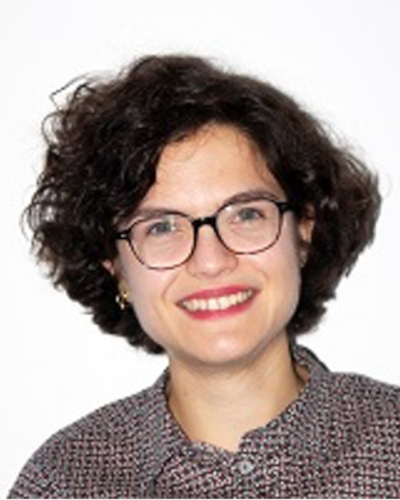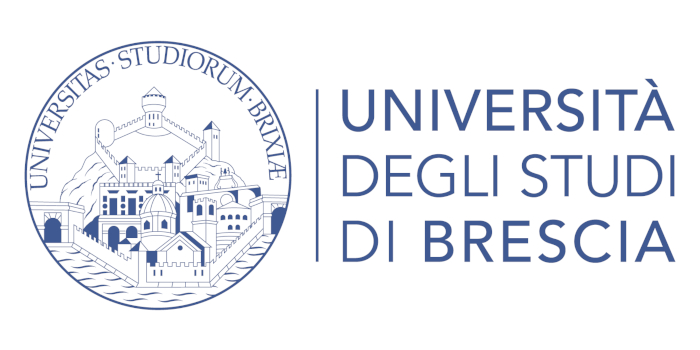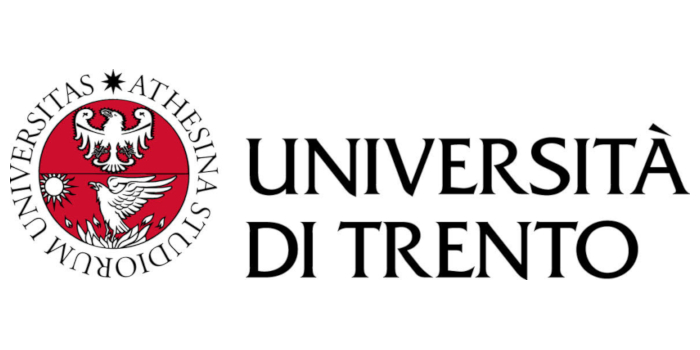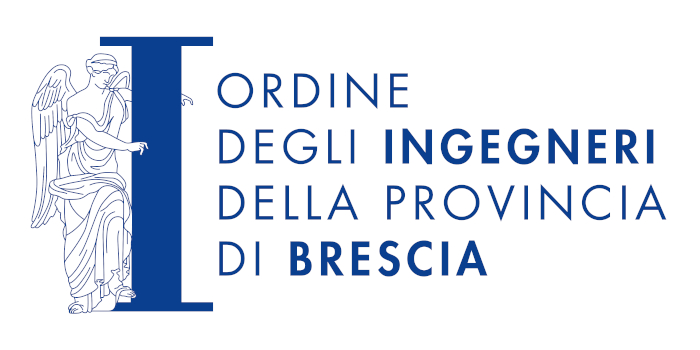SPECIAL SESSION #2
Wearable Sensors for Unobtrusive Monitoring of Physiological Parameters and Human Activities
ORGANIZED BY
Carlo Massaroni
Università Campus Bio-Medico di Roma, Italy
Martina Costa Angeli
Free University of Bozen-Bolzano, Bolzano, Italy
Elena Bergamini
Italian University of Sport and Movement "Foro Italico", Italy
ABSTRACT
The interest in measuring human performance and physiological parameters has increased in popularity, driven by technological progress and by a growing desire/possibility for obtaining quantitative information about our health in a conveniently inexpensive and unobtrusive way. Wearable sensors and unobtrusive devices have thus become popular in monitoring a wide range of human activities and physiological parameters in different scenarios. The measurement of mechanical (e.g., velocity, acceleration, distances, impact), physiological (e.g., heart and respiratory rates, pulse, oxygen saturation, skin temperature) and chemical signals (e.g., analytes from bodily fluids such as sweat or saliva) can give unique insights about our health and performance. This applies to different scenarios, from daily living based activities to the performances of elite-level athletes or military personnel. Not last, wearable sensors and devices provide an avenue for easily collecting quantitative data that can support medical professionals and sports scientists to personalize treatments and trainings.
This special session aims to discuss topics from novel sensors and technologies and devices to advanced algorithms, simulation and modeling strategies for physical and biomechanical assessment, novel biomarkers for non-traditional measures, and real-time and realistic data streaming.
MAIN TOPICS
- Sensors and soft sensors;
- Wearable sensors and devices;
- Metrological characterization of sensors for physiological monitoring;
- Metrics, algorithms and signal processing techniques;
- Physiological and physical variables, signals, and techniques (e.g., respiratory frequency, glycaemia, blood lactate, electrocardiography, electromyography, photoplethysmography, biomechanical measures);
- Reliability, validity and accuracy of sensors and measuring systems;
- Simulation and modeling strategies for physical and cognitive assessment;
- Electronics for Biosignals and Biopotentials;
- Electronics interfaces and embedded sensor systems for biomedical applications;
- Artificial Intelligence for health monitoring using wearable sensors.
ABOUT THE ORGANIZERS
Dr. Carlo Massaroni received his BSc (2010) and MSc (2012) in Biomedical Engineering and Ph.D. in Bioengineering (2017) from Università Campus Bio-Medico di Roma (UCBM). Currently, he is Assistant Professor at UCBM. His research interests are focused on the design, development, and tests of sensors, measuring systems and devices for mechanical and thermal measurements, with particular emphasis on the design of wearable and unobtrusive systems for the measurement of vital parameters and joints motion. Among others, he is principal investigator in ongoing national projects on the development of wearable technologies for non-invasive measurement in the medical, occupational and sports fields and on design of unobtrusive or minimally-invasive measuring systems based on fiber optics for medical and industrial applications. He is a Senior Member of the IEEE, IEEE Instrumentation and Measurement Society, IEEE Engineering in Medicine and Biology. He is currently the Chair of the “Wearable Sensors” TC of the IEEE Sensors Italy Chapter and Associate Member of the "Wearable Biomedical Sensors & Systems" TC of the IEEE EMB.
Martina Aurora Costa Angeli received her bachelor's (2013) and master’s degree in biomedical engineering (2016) from Politecnico di Milano, Milano, Italy, where she also obtained a Ph.D. in materials engineering in 2020 with a thesis entitled “Inkjet-printing technique for deformable strain sensors”. Currently, she is an assistant professor at the Sensing Technologies Lab of the Free University of Bolzano- Bozen and her current research work is focusing on the design and fabrication of wearable sensors for human monitoring. Particularly, she investigates the possibility to realize wearable physical and chemical sensors and electrodes for human monitoring in different application fields (sports, clinics, home-care).
Elena Bergamini received the M.Sc. degree in Biomedical Engineering from the Politecnico di Milano (Italy) in 2006, and the joint Ph.D. in Biongineering and Biomécanique et Ingénierie pour la Santé at the University of Bologna (Italy) and Arts et Métiers ParisTech (France) in 2011. Since 2011 she has been with the Department of Movement, Human, and Health Sciences at the University of Rome “Foro Italico”, where she is currently Associate Professor. Her research concerns the development and application of methods for the quantification of persons’ motor function, both in clinical and sports contexts, with reference to the use of wearable magneto-inertial sensors. Dr. Bergamini serves as academic editor for PlosOne. From 2017 to 2021 she was secretary and member of the Directory Board of the Italian Society of Human Movement Analysis in Clinics (SIAMOC) and since 2020 she is Chair of the Sensors for Biomechanics technical committee within the IEEE Italy Sensors Chapter.














